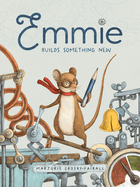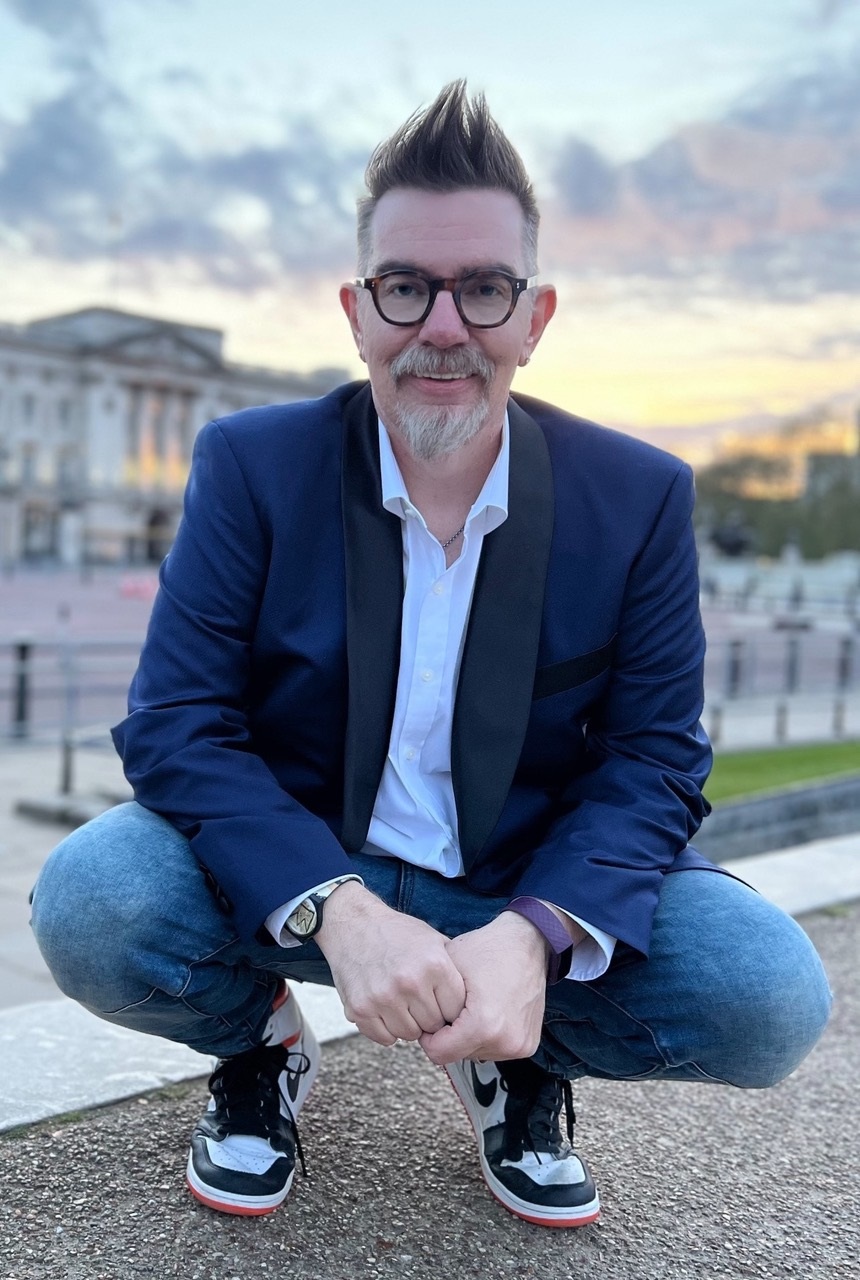 |
| photo: Jen Daywalt |
Drew Daywalt was amazed at the age of seven, while sitting in the movie theatre watching the credits roll on the original Star Wars, to see that people actually made movies--they weren't just found items like mountains or rivers or clouds. That night, at story time with his mom, he noticed there were names of people on the front of books, too. That's when he learned about authors and writers. And he never looked back. Daywalt is the author of the Crayons picture book series, illustrated by Oliver Jeffers, including The Day the Crayons Made Friends (Philomel Books); other books include The Legend of Rock, Paper, Scissors, Little Freddie Two Pants, and the middle-grade novel They Call Me No Sam!, illustrated by Mike Lowery. Daywalt lives in California with his wife, two kids, two dogs, two goldfish, a cat, and some local raccoons who like pizza crusts.
Handsell readers your book in 25 words or less:
We don't just color with our crayons. They're also toys, tools, and friends.
On your nightstand now:
Diavola by Jennifer Thorne. I love a good ghost story, and boy is this one spooky! It also tackles complicated big-family dynamics. And since I grew up in a haunted house, the youngest of six kids, this one hits home like crazy.
Favorite book when you were a child:
Rutgers and the Water-Snouts. It's long out of print now, but it's by a brilliant writer named Barbara Dana. Imagine if Monty Python wrote Winnie-the-Pooh. You can find a cheap used copy if you look around. It's worth the hunt, trust me. It was the book that really jumpstarted my love of reading.
Favorite book to read to a child:
Anything by Dostoevsky. HA! No. I don't have a favorite book to read to kids, but I do have one rule: Never bother with a book that talks down to children. It's dishonest. Kids are smart. They know rubbish when they hear it and so do you, so don't do it.
Your top five authors:
Kurt Vonnegut, J.R.R. Tolkien, Maya Angelou, Charles Dickens, Oscar Wilde.
Book you've faked reading:
Moby-Dick. I mean, c'mon. Seriously.
Book you're an evangelist for:
Slaughterhouse-Five by Kurt Vonnegut--greatest book I've ever read. He seemed to be writing about the meaning of life here, and I was all in.
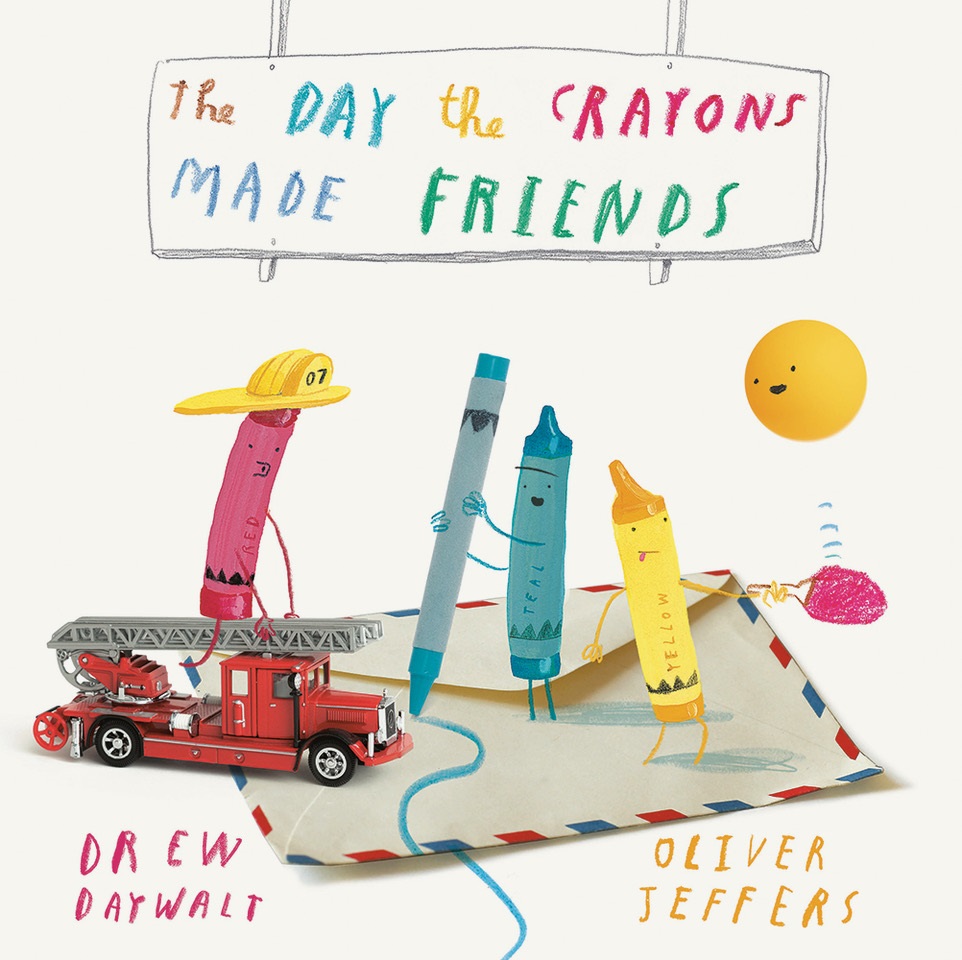 Book you've bought for the cover:
Book you've bought for the cover:
Dungeons and Dragons Players Handbook, first edition. The promise of adventure and danger on that cover completely captivated me when I was 11. And it absolutely delivered. I've been playing D&D ever since. It gave birth to my life of storytelling and now I even play it with my kids.
Book you hid from your parents:
I was blessed with super-cool parents. I never had to hide a book from them. There were no banned books in the Daywalt house.
Book that changed your life:
I'd have to say the collected gospels of Matthew, Mark, Luke, and John. It changed my life because when I finally read about Jesus from the guys who knew him, I realized what a cool guy he was. When you read about him from his friends, and not through the filter of some gate keeper who claims to "interpret it for you," you skip the stupid game of telephone and get to the person he really was. He was a rebel, a fringe thinker, and a kind-hearted social liberal who called out a broken and corrupt conservative church. He stood by the marginalized and the downtrodden. He held up a mirror to hypocrites in power and showed them how ugly their judgment and selfishness was. He professed kindness, empathy, and compassion for everyone--no exceptions--and ironically, he turned me into a liberal and an ally to people who are being persecuted and marginalized by the powers that be. I'm not as nice as him though.
Favorite line from a book:
"Some cause happiness wherever they go; others, whenever they go." --from Oscar Wilde's play The Duchess of Padua. Oscar Wilde's wit makes me simultaneously want to sit down and write and never write again.
Five books you'll never part with:
Slaughterhouse-Five by Kurt Vonnegut because it contains the meaning of life and beautifully articulates the concept of time not being linear. As I was reading it, I felt like I had read it before even though I knew I hadn't--and now that actually makes sense.
The Lord of the Rings trilogy by J.R.R Tolkien because fantastical worlds are often better at explaining this one than real ones. Also, I gotta say, at this point in American history, I'd gladly drag my butt across Mordor and throw a ring in a volcano if I thought it would end the tyranny.
The Sneetches and Other Stories by Dr. Seuss because my mom read it to me every night when I was little. And the copy I have contains the only sample I have of her handwriting, where she signed it to me before she passed away.
Rutgers and the Water-Snouts by Barbara Dana because it was like Winnie-the-Pooh, only funnier. Much funnier. Also, it was filled with loving, loyal friendships.
Calvin and Hobbes by Bill Watterson because it was my introduction to philosophy as a kid. Also, Bill lived near me in Ohio and he'd go into my local bookstore, The Learned Owl, and secretly sign copies of the book. I ended up getting a copy that he'd ninja-signed. And as an author myself now, I do that too. I'll sign books in the bookstore without telling anyone. I like the idea of a child opening the book and getting a surprise signed copy.
Book you most want to read again for the first time:
The Hobbit by J.R.R. Tolkien. I read it when I was 10 and I'd never dreamed of a world like that--filled with elves and dwarves and orcs and dragons. I'd experienced something similar when I saw Star Wars at age seveb, and I'd been hungering for a world as fantastical and dangerous as that. So, when I sat down and read The Hobbit, I burned through it in two days, which is saying a lot because I'm such a slow reader. Thank you, dyslexia. I also marveled at the heroism of the diminutive protagonist, Bilbo Baggins. And I was deeply touched by how much Gandalf believed in him. As a child at the time, and the youngest of six siblings, I deeply empathized with Bilbo, who was also the smallest, meekest, and least qualified in his adventuring party. And when he was the only person at the end, in the battle of five armies, to recognize the senselessness of violence and the myth of vilifying "the other." I saw who I wanted to be when I grew up. Only maybe a little taller.
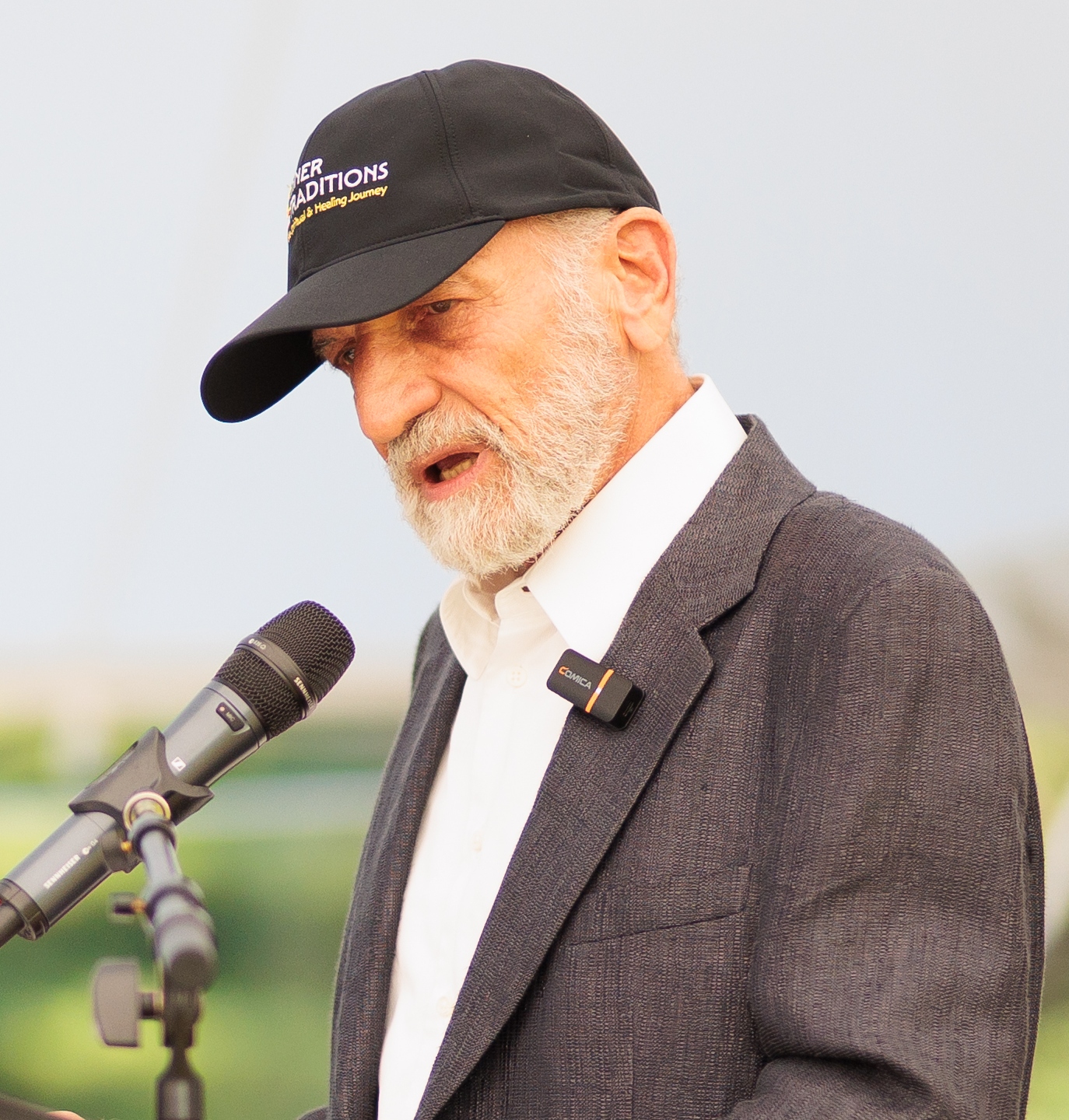









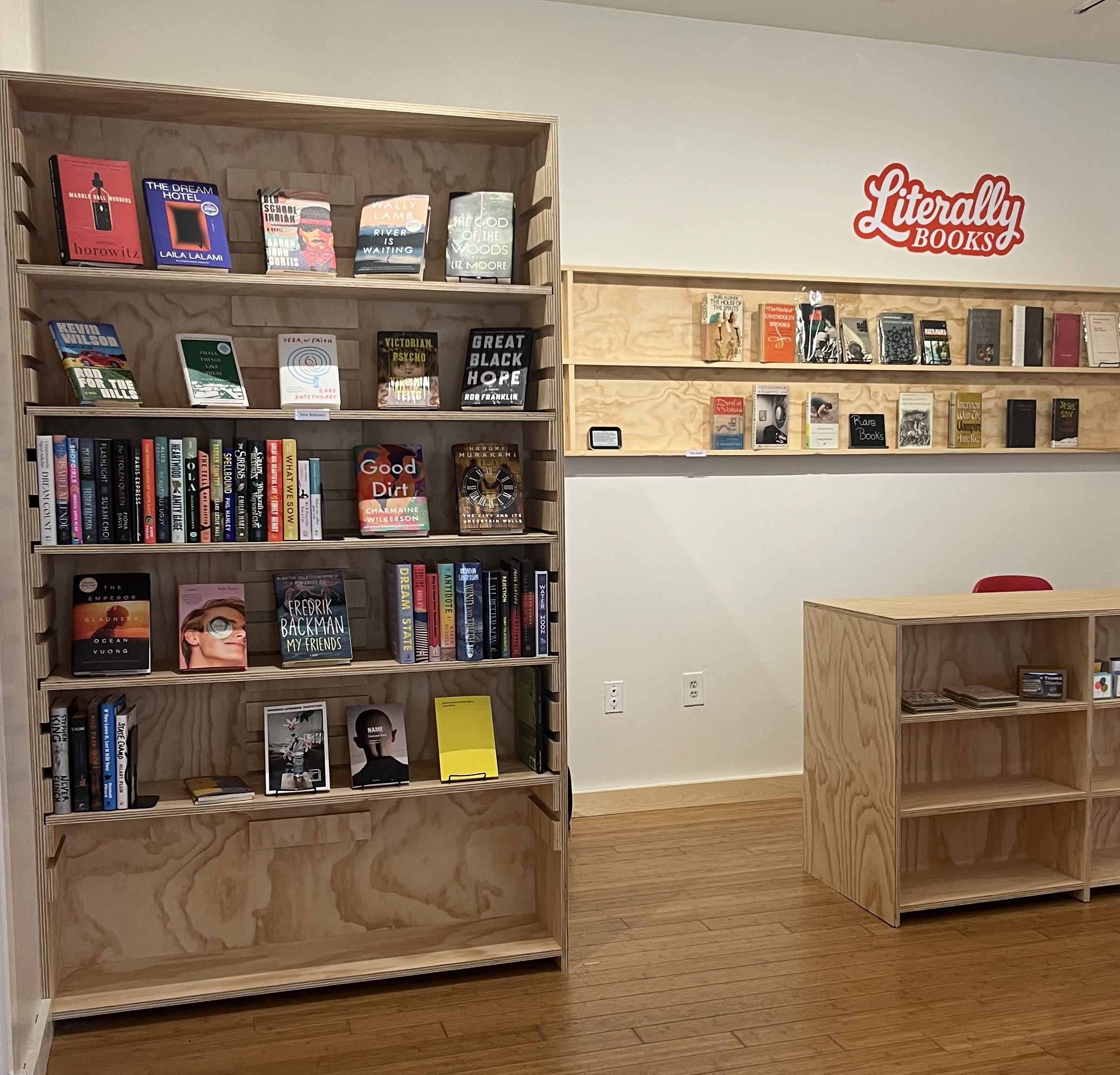 Literally Books
Literally Books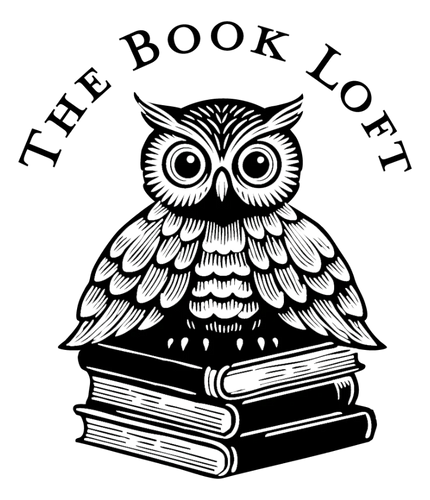
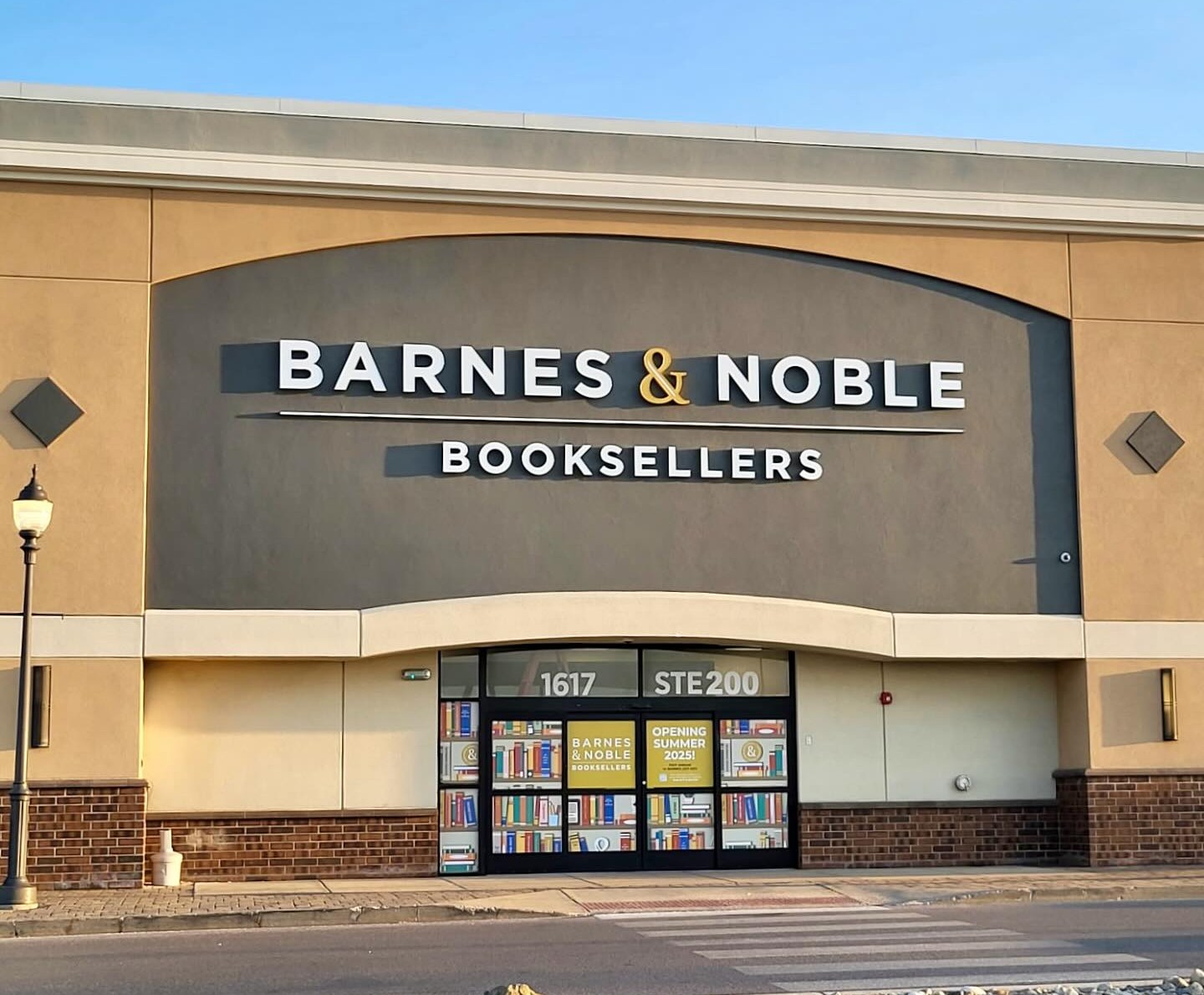 Today, Barnes & Noble's new bookstore in Rushmore Crossing at 1617 Eglin St., Rapid City, S.Dak., is hosting its grand opening. Children's author Sean Covel will be cutting the ribbon and signing copies of his books. The location also features a B&N Café.
Today, Barnes & Noble's new bookstore in Rushmore Crossing at 1617 Eglin St., Rapid City, S.Dak., is hosting its grand opening. Children's author Sean Covel will be cutting the ribbon and signing copies of his books. The location also features a B&N Café. Despite a challenging economy, the German book industry recorded positive results overall last year, with sales up 1.8% compared to 2023, the Börsenverein des Deutschen Buchhandels (the German book trade association) reported. Total sales in 2024 were €9.88 billion (about $11.5 billion).
Despite a challenging economy, the German book industry recorded positive results overall last year, with sales up 1.8% compared to 2023, the Börsenverein des Deutschen Buchhandels (the German book trade association) reported. Total sales in 2024 were €9.88 billion (about $11.5 billion). 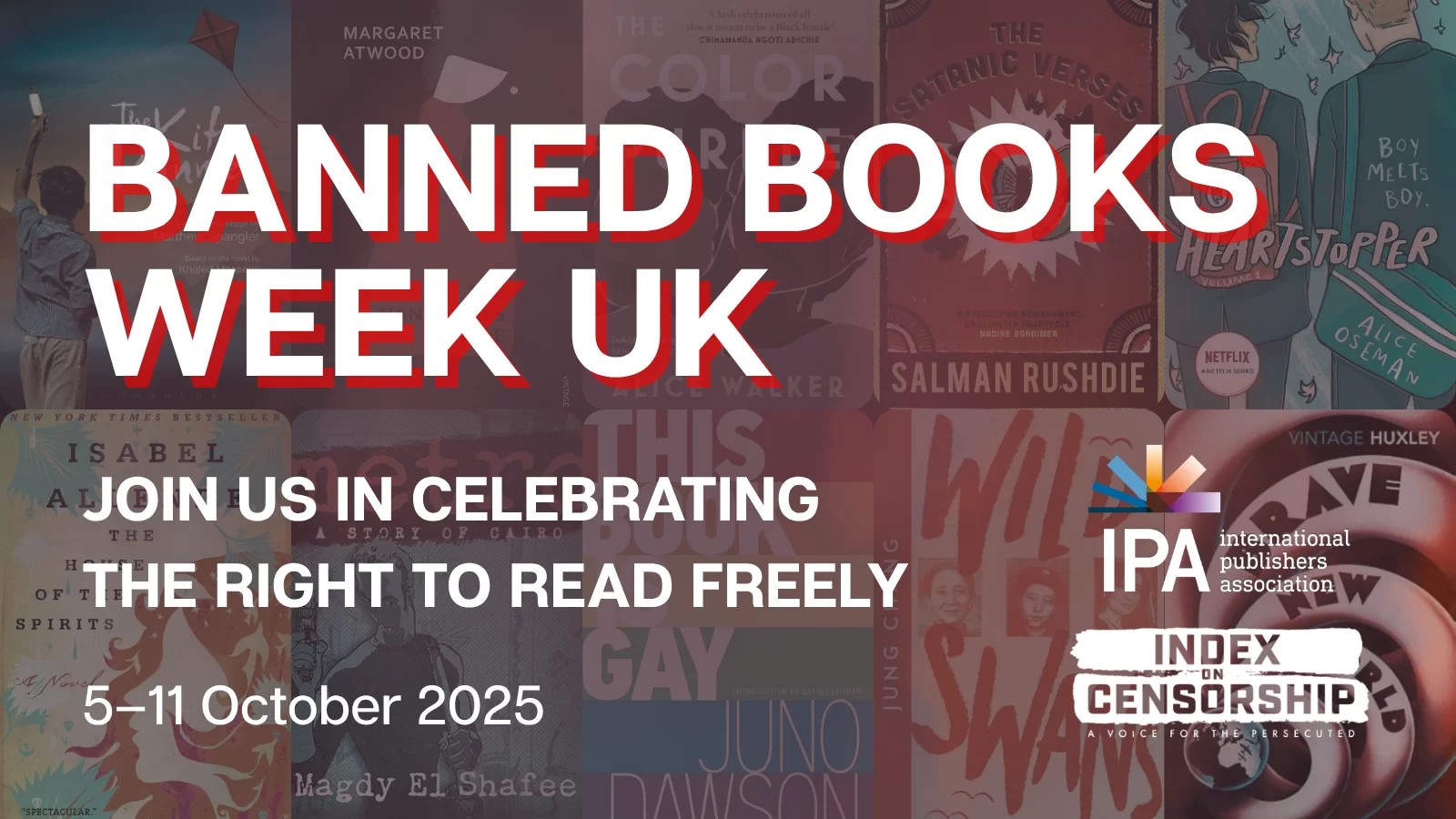 Banned Books Week U.K., which ran for a couple of years prior to the Covid pandemic before going on hiatus, is
Banned Books Week U.K., which ran for a couple of years prior to the Covid pandemic before going on hiatus, is 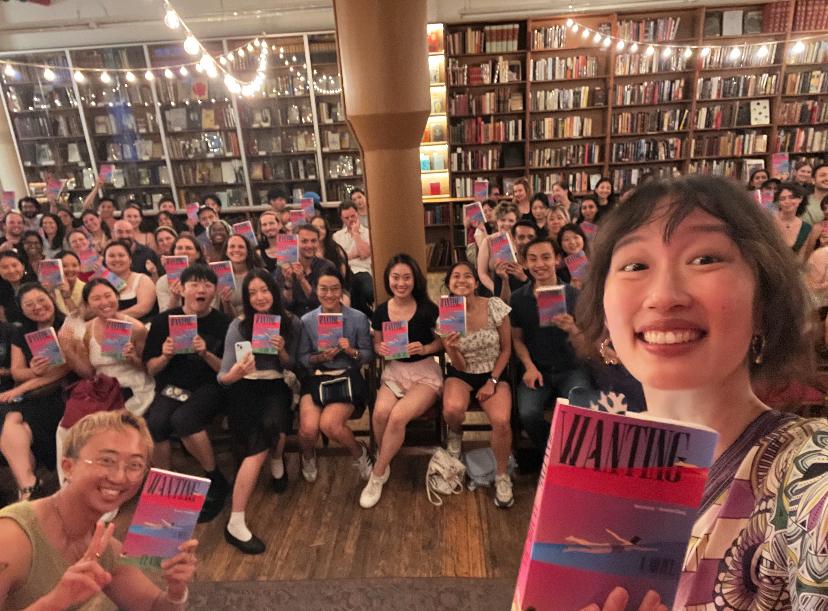 More than 100 people came to New York City's
More than 100 people came to New York City's 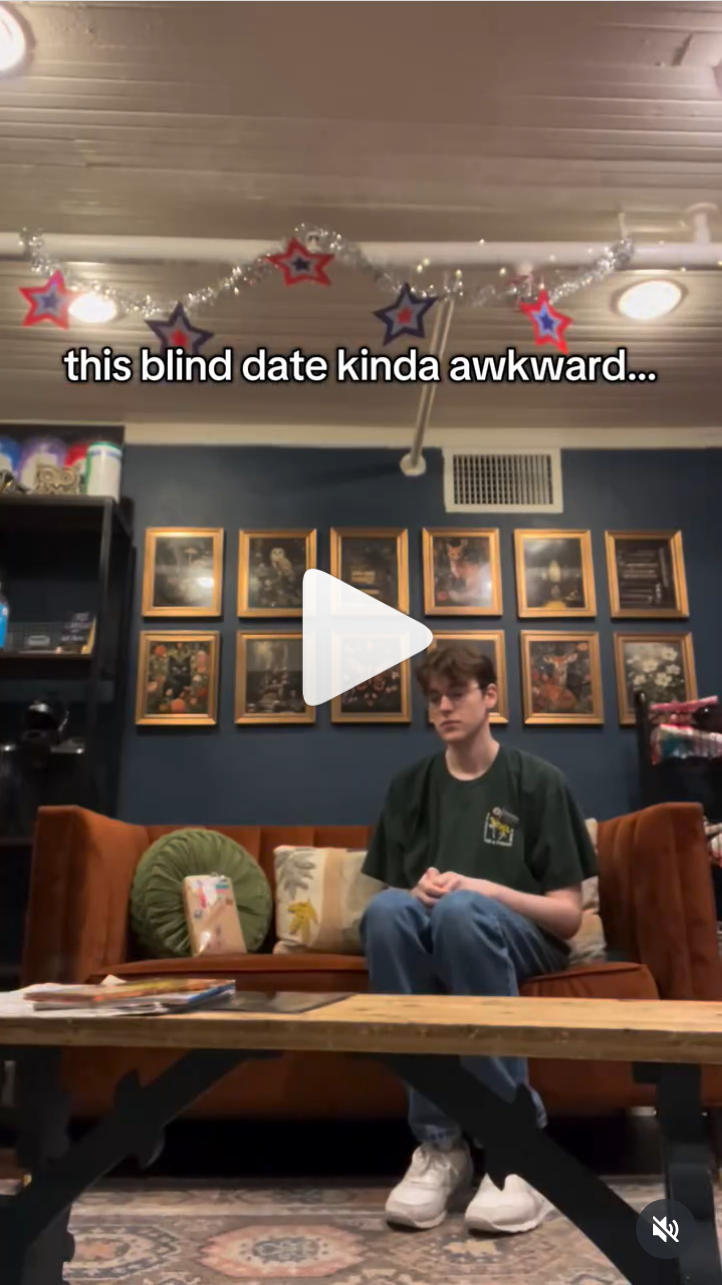
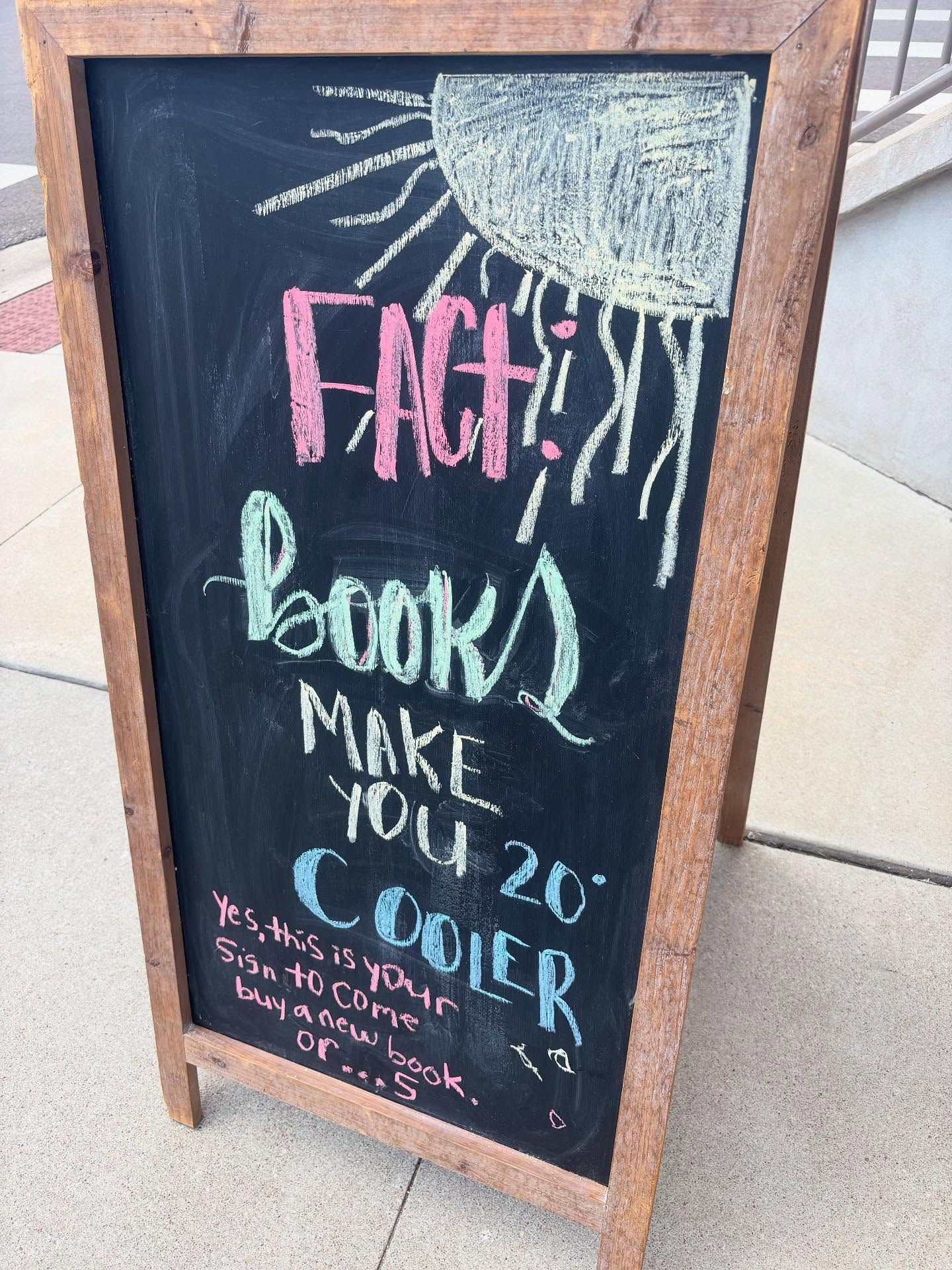 "
"
 Book you've bought for the cover:
Book you've bought for the cover: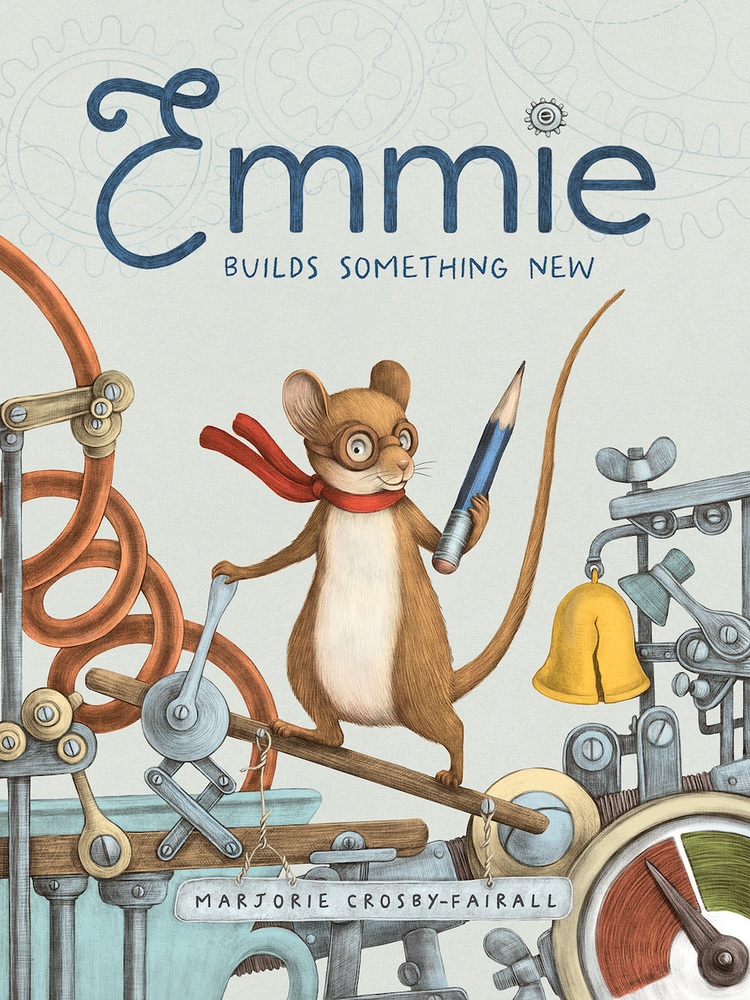 Delightful and visually inventive, Emmie Builds Something New by Marjorie Crosby-Fairall (illustrator, The Boy in the Big Blue Glasses) is set in a dusty attic brimming with "things no-one wanted." Though Emmie the mouse is small, she is an inventor, engineer, and dreamer, transforming cast-offs into fantastical contraptions. In one intricate spread, she's cobbled together a machine from an old dollhouse, toy parts, and tiny tools that turns one sunflower into a consistent source of "breakfast, lunch & dinner." Crosby-Fairall fills the scene with delightful detail, including what appear to be handwritten notes and arrows labeling parts of the invention. These annotated diagrams add an extra layer of realism, inviting close inspection. The attic itself is packed with visual treasures, and Emmie's many "clever creations" are as much a joy to study as they are to imagine in motion.
Delightful and visually inventive, Emmie Builds Something New by Marjorie Crosby-Fairall (illustrator, The Boy in the Big Blue Glasses) is set in a dusty attic brimming with "things no-one wanted." Though Emmie the mouse is small, she is an inventor, engineer, and dreamer, transforming cast-offs into fantastical contraptions. In one intricate spread, she's cobbled together a machine from an old dollhouse, toy parts, and tiny tools that turns one sunflower into a consistent source of "breakfast, lunch & dinner." Crosby-Fairall fills the scene with delightful detail, including what appear to be handwritten notes and arrows labeling parts of the invention. These annotated diagrams add an extra layer of realism, inviting close inspection. The attic itself is packed with visual treasures, and Emmie's many "clever creations" are as much a joy to study as they are to imagine in motion. 